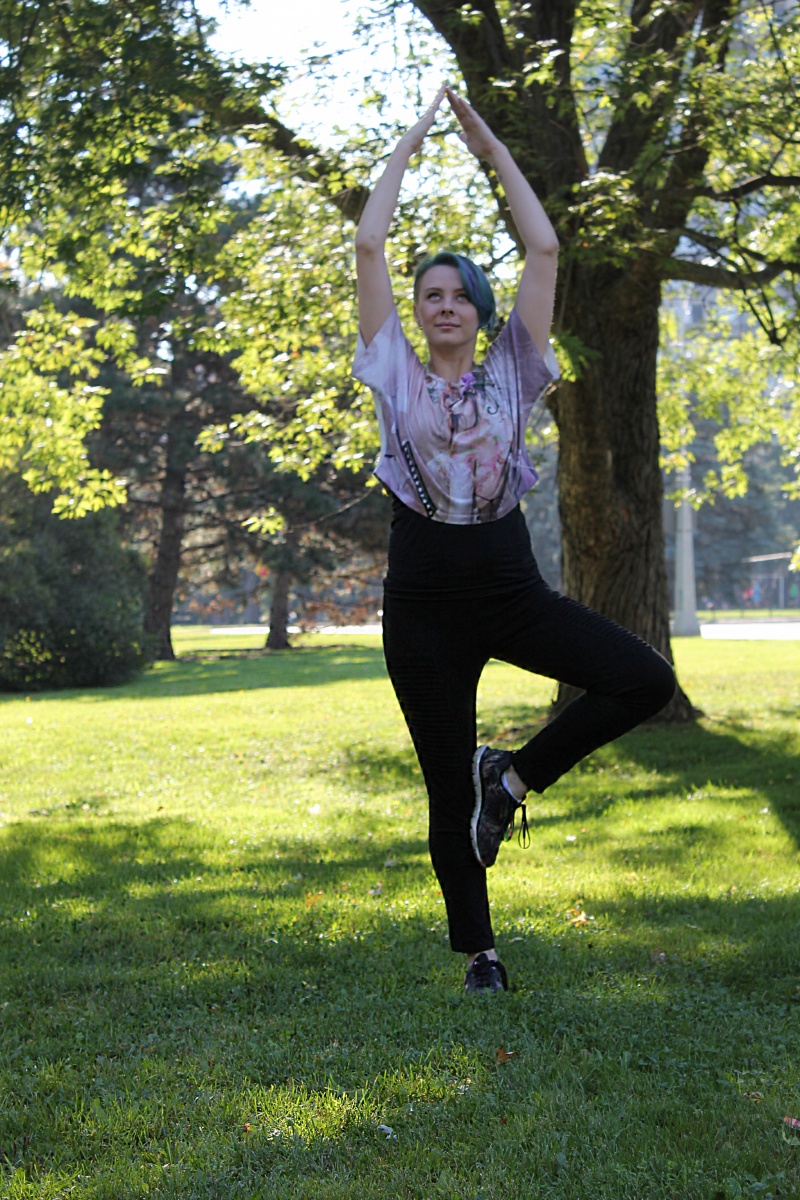Just because you have asthma doesn’t mean you can’t be active — many professional athletes have it. But before you hit the gym or a field, it’s important to understand your body, your disease and how to manage it. Your asthma plan, developed with your healthcare provider, is a great start to getting your asthma under control.
Exercise can trigger asthma that’s not under control because it speeds up your breathing, forcing in more air through your mouth than your nose. This means that the filtration and warming up of air normally done by the nose is skipped. Suddenly, the sensitive asthmatic airways receive cold, dry, unfiltered air. This can make exercise more difficult, but with proper management, it can be a part of your life.
There are many steps to help you exercise with asthma. Here are a few key ones:
• Understand your triggers and how to avoid them. For instance, if you have a pollen allergy, look up the pollen index before you go outside. Also check out the air quality health index before you exercise. High levels of air pollution can cause asthma attacks.
• It’s important to understand your treatments and medication. It is very important to take all of your medication as prescribed by your healthcare professional. If you need it, take a reliever inhaler 10 to 15 minutes before exercise. If you experience breathing problems during exercise, use your rescue inhaler. If it doesn’t help, stop exercising and don’t resume until your symptoms are completely gone.
• There are many types of exercise. Find the one that is right for you and that you enjoy. Endurance sports such as running, cycling or swimming are just a few choices. If you join a recreation team, let your coach know you have asthma and what to do in an asthma attack.
If you have asthma and experience problems with exercising or need to use a reliever prior to exercise four or more times per week, speak to your healthcare provider. Find more tips at www.lung.ca/asthma.

